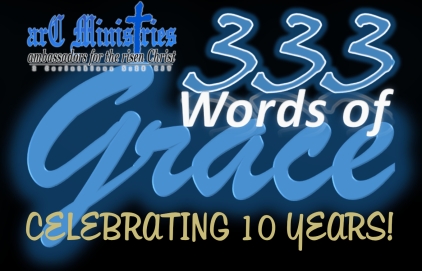Wednesday, May 26, 2021
“…[T]he ark of the covenant overlaid round about with gold, wherein was the golden pot that had manna, and Aaron’s rod that budded, and the tables of the covenant;” (Hebrews 9:4 KJV).
What can we learn from the Ark of the Covenant?
About 500 years after Moses, the Jerusalem Temple replaced the Tabernacle. Second Chronicles chapter 5: “[6] Also king Solomon, and all the congregation of Israel that were assembled unto him before the ark, sacrificed sheep and oxen, which could not be told nor numbered for multitude. [7] And the priests brought in the ark of the covenant of the LORD unto his place, to the oracle of the house, into the most holy place, even under the wings of the cherubims: [8] For the cherubims spread forth their wings over the place of the ark, and the cherubims covered the ark and the staves thereof above. [9] And they drew out the staves of the ark, that the ends of the staves were seen from the ark before the oracle; but they were not seen without. And there it is unto this day. [10] There was nothing in the ark save the two tables which Moses put therein at Horeb, when the LORD made a covenant with the children of Israel, when they came out of Egypt.”
What happened to the golden pot of manna and Aaron’s rod that budded? Scripture is silent. Regardless, by Solomon’s time, only the two stone tablets of the Ten Commandments remained. When the Babylonians invaded Jerusalem and destroyed its Temple 380 years later, the Ark of the Covenant was not among the treasures pillaged. It disappeared, but that does not matter. God Himself will institute a new covenant, replacing that old religious system, erasing Israel’s sins through Calvary, and dwelling with them forever in the Person of Jesus Christ (Millennial Kingdom onward).
“And it shall come to pass, when ye be multiplied and increased in the land, in those days, saith the LORD, they shall say no more, The ark of the covenant of the LORD: neither shall it come to mind: neither shall they remember it; neither shall they visit it; neither shall that be done any more” (Jeremiah 3:16). Israel has finally learned the lessons from the Ark of the Covenant! (Have we?)

